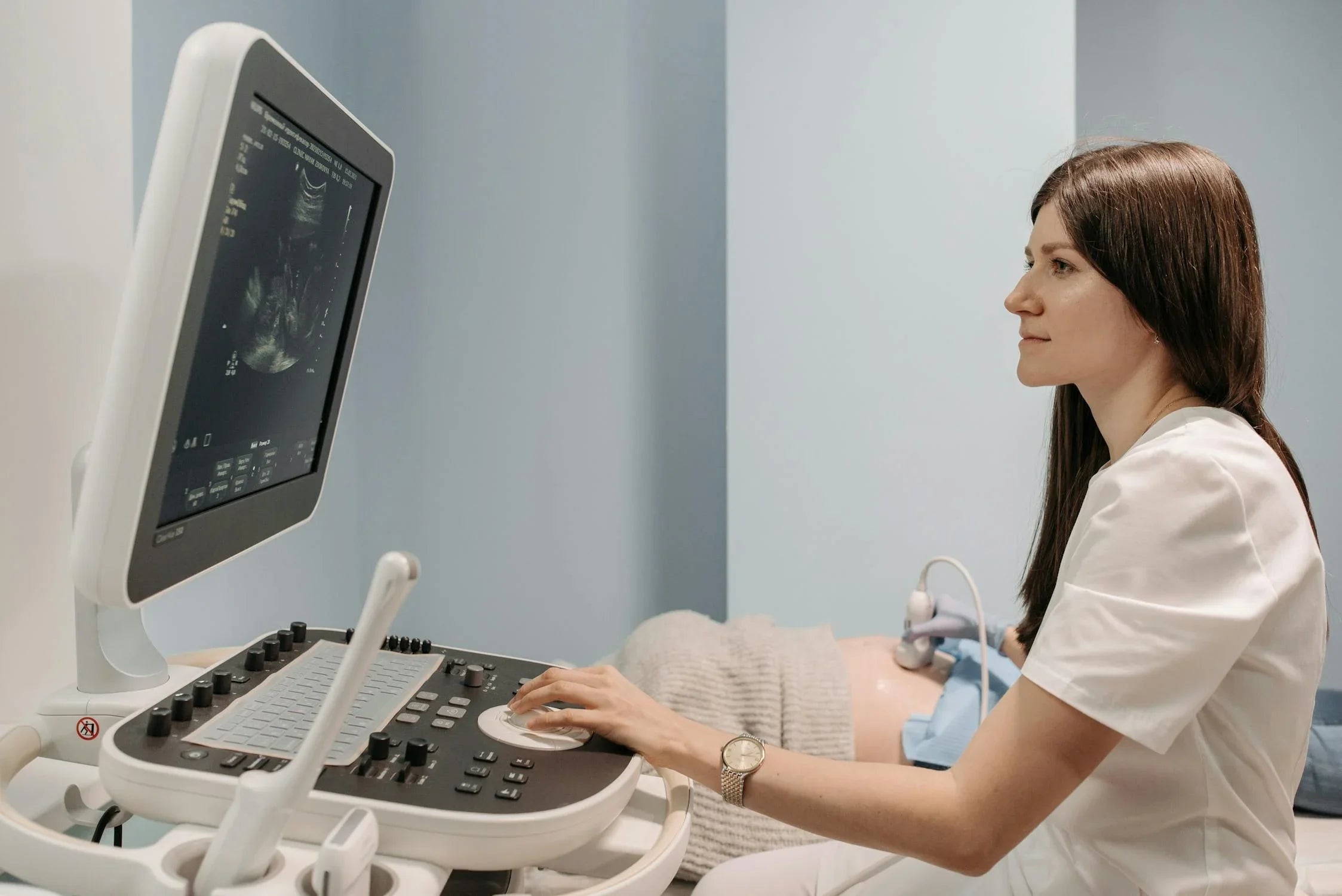Inicio
Pregnancy, Breastfeeding, and Pumping: The Ultimate Guide for Moms
How Long for a Pregnancy Test to Be Accurate: Everything You Need to Know

How Long for a Pregnancy Test to Be Accurate: Everything You Need to Know
When it comes to determining pregnancy, timing is everything. Understanding how long for a pregnancy test to be accurate can save you from unnecessary stress and confusion. This article dives deep into the science behind pregnancy tests, the factors that affect their accuracy, and the best practices for getting reliable results.
How Pregnancy Tests Work
Pregnancy tests detect the presence of human chorionic gonadotropin (hCG), a hormone produced by the placenta shortly after a fertilized egg attaches to the uterine lining. Most home pregnancy tests are designed to detect hCG in urine, while blood tests conducted by healthcare professionals can also measure hCG levels.
Types of Pregnancy Tests
There are two main types of pregnancy tests: urine tests and blood tests. Urine tests are the most common and can be done at home, while blood tests are typically performed in a medical setting. Both types aim to detect hCG, but they differ in sensitivity and accuracy.
Factors Affecting Accuracy
Several factors can influence how long for a pregnancy test to be accurate. These include the sensitivity of the test, the timing of the test relative to ovulation, and the concentration of hCG in your body. Additionally, improper use of the test or certain medical conditions can affect the results.
When to Take a Pregnancy Test
The timing of when you take a pregnancy test is crucial for accuracy. Most experts recommend waiting until after you've missed your period to take a test. However, some highly sensitive tests can detect hCG as early as 7-10 days after conception. Taking a test too early can result in a false negative, while waiting too long can lead to unnecessary anxiety.
Understanding False Positives and False Negatives
False positives and false negatives can occur for various reasons. A false positive may result from certain medications or medical conditions, while a false negative can occur if the test is taken too early or if the hCG levels are too low to detect. Understanding these possibilities can help you interpret your results more accurately.
Best Practices for Taking a Pregnancy Test
To ensure the most accurate results, follow these best practices: read the instructions carefully, use the first urine of the day, and avoid drinking excessive fluids before taking the test. If you receive a negative result but still suspect you might be pregnant, consider retesting after a few days or consulting a healthcare professional.
What to Do After a Positive Result
If your pregnancy test is positive, the next step is to confirm the result with a healthcare provider. They may perform a blood test or an ultrasound to confirm the pregnancy and provide guidance on prenatal care. Early confirmation is essential for ensuring the health of both the mother and the developing baby.
What to Do After a Negative Result
A negative result can be disappointing, especially if you're trying to conceive. If you receive a negative result but still haven't gotten your period, consider retesting after a few days or consulting a healthcare provider to rule out other potential causes for your missed period.
Special Considerations
Certain situations may require special considerations when taking a pregnancy test. These include irregular menstrual cycles, recent miscarriages or abortions, and fertility treatments. In these cases, it's essential to consult a healthcare provider for personalized advice.
Common Myths About Pregnancy Tests
There are many myths surrounding pregnancy tests, such as the idea that certain foods or activities can affect the results. It's important to separate fact from fiction to ensure you're making informed decisions about your health.
Conclusion
Understanding how long for a pregnancy test to be accurate is crucial for getting reliable results. By considering the factors that affect accuracy and following best practices, you can make informed decisions about your reproductive health. Always consult a healthcare provider if you have any doubts or concerns about your results.
Ready to take the next step in your pregnancy journey? Equip yourself with the knowledge you need to make informed decisions and ensure the best possible outcomes for you and your baby.
Compartir

